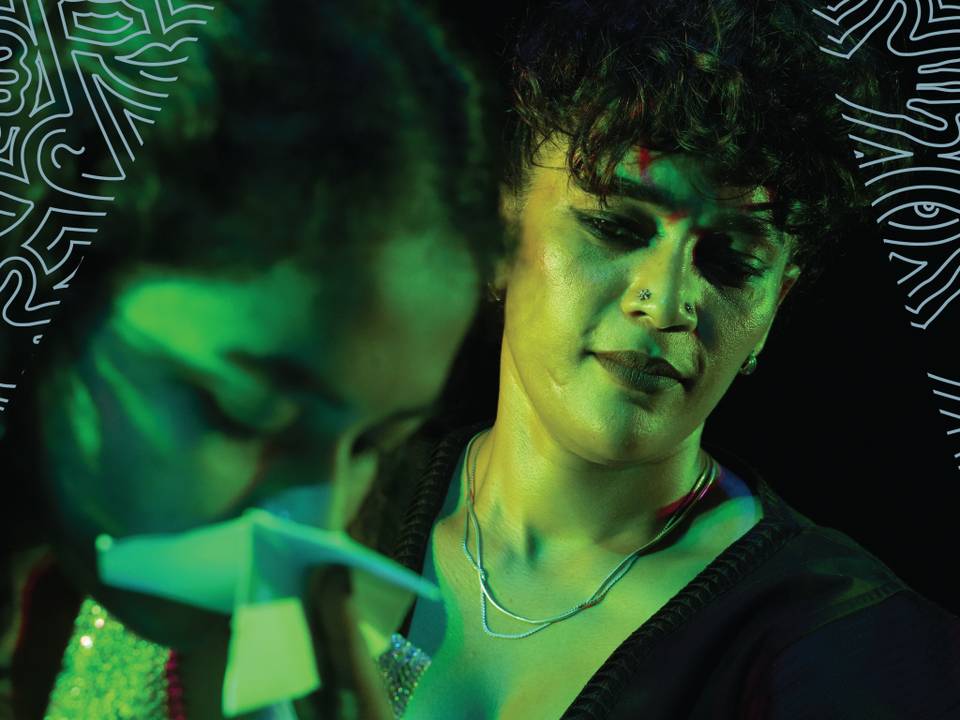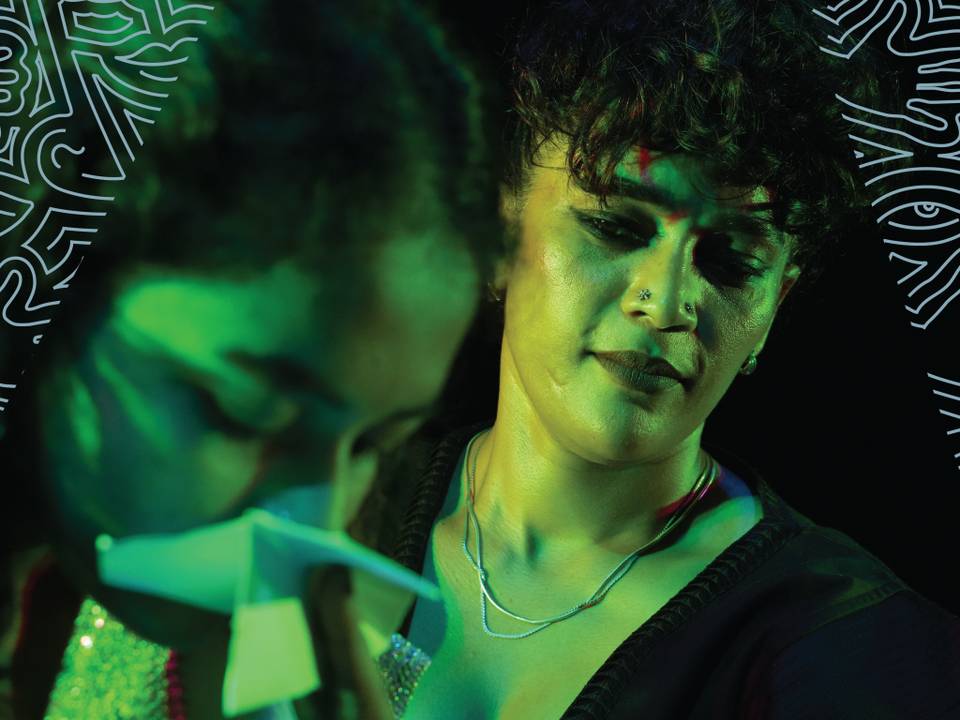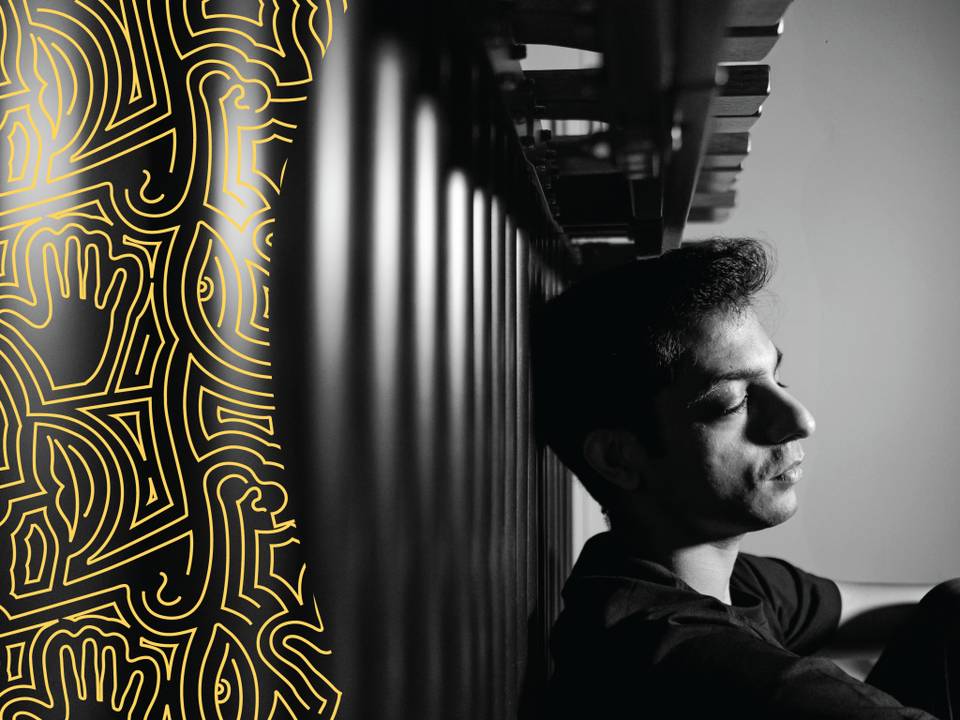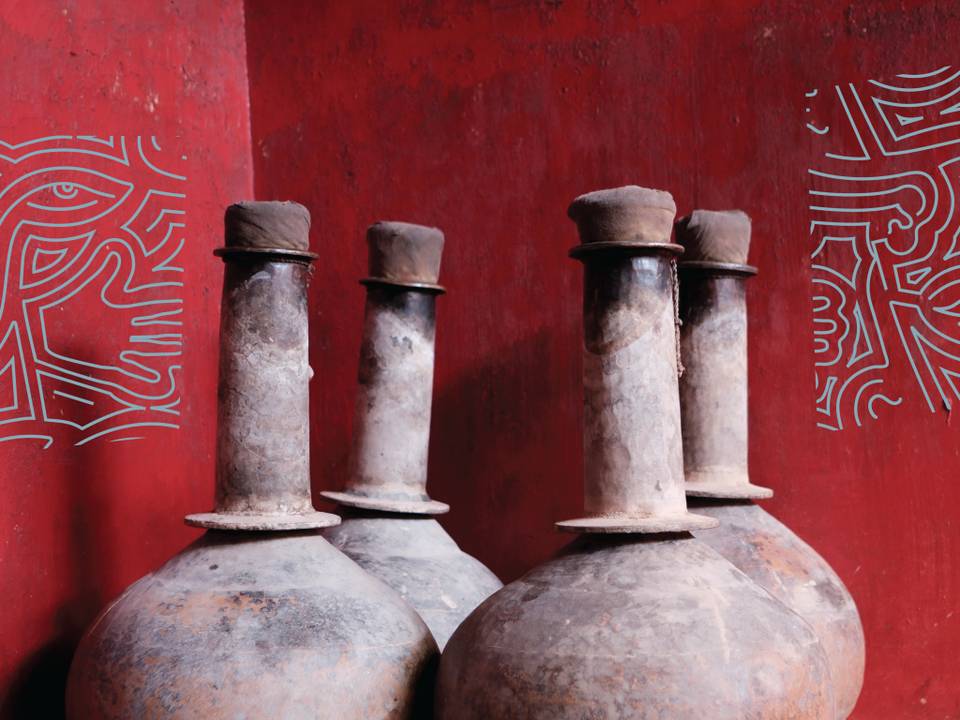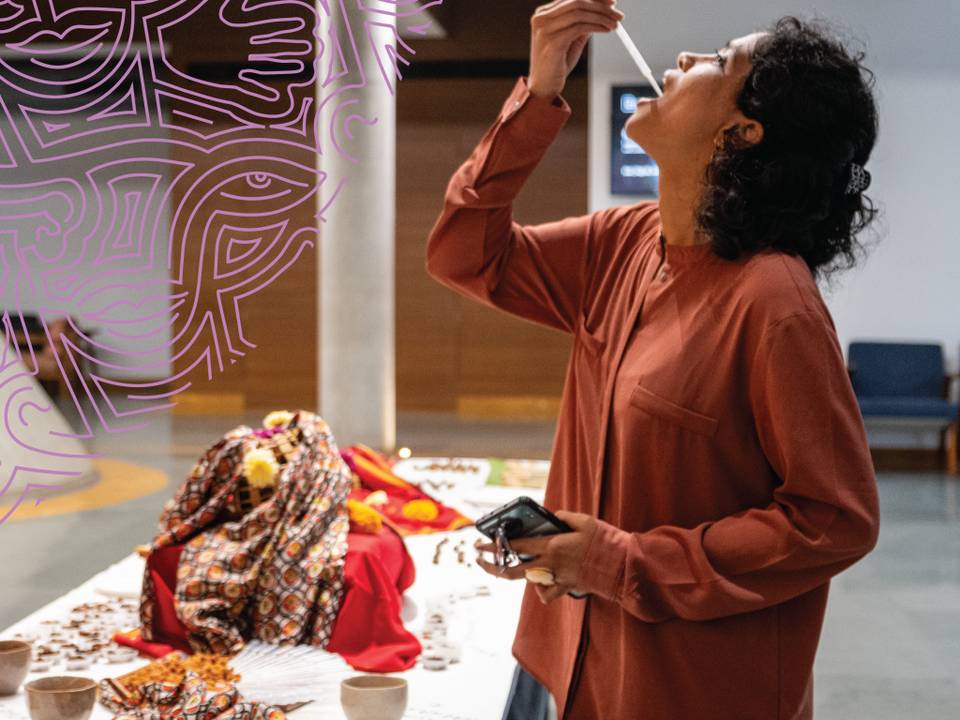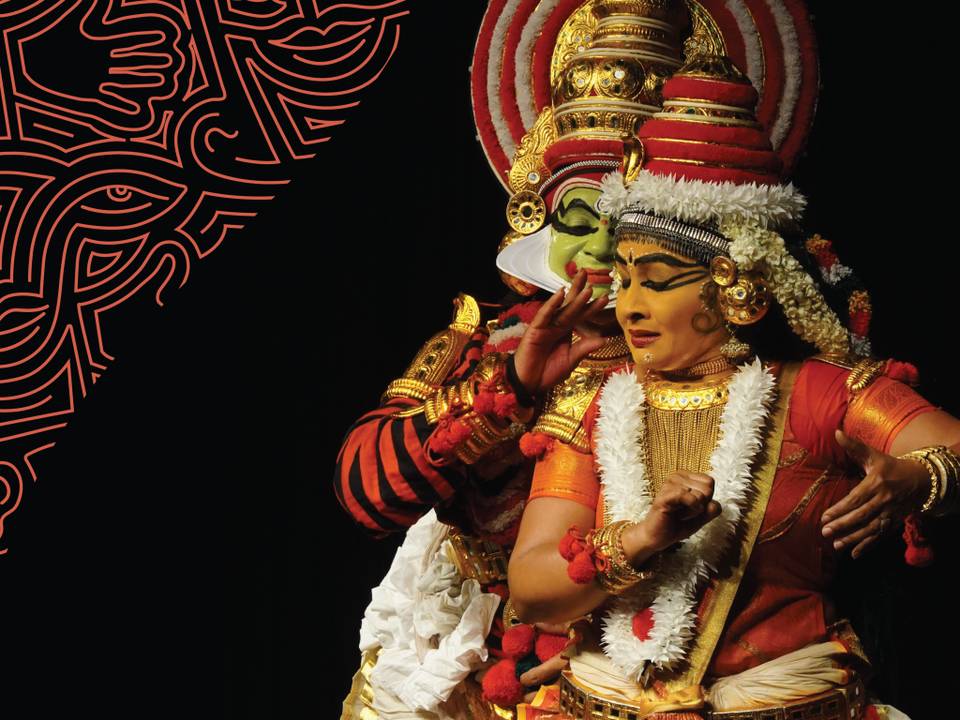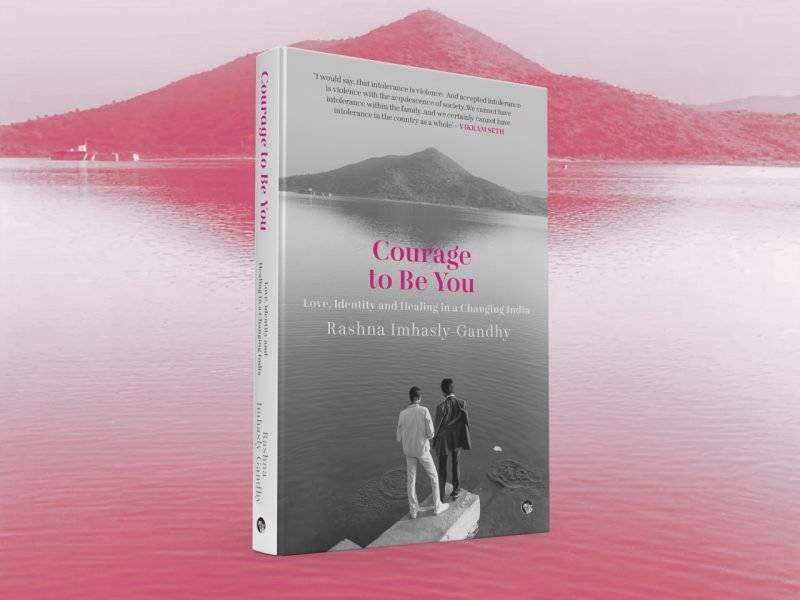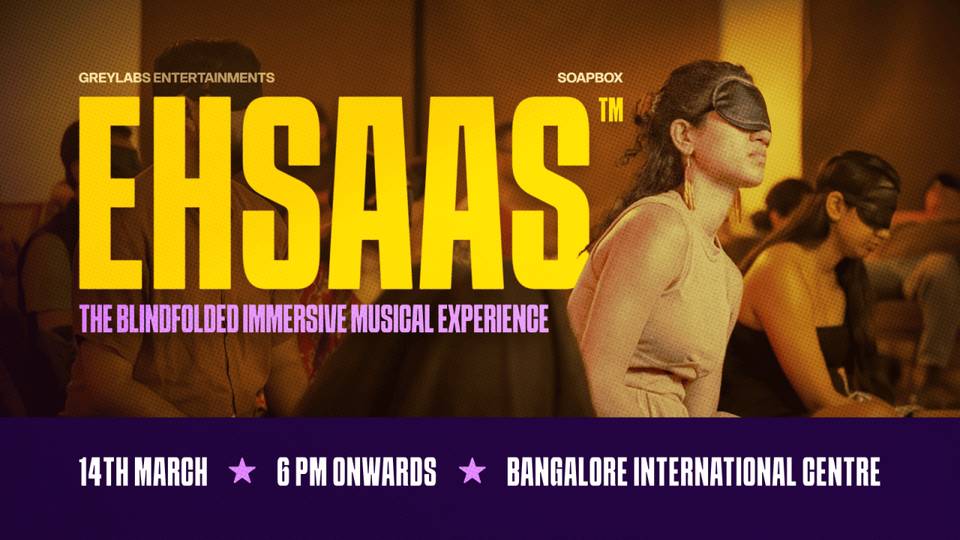Kuvempu Turns 120 - Celebrating with a Translation of His Epic Novel
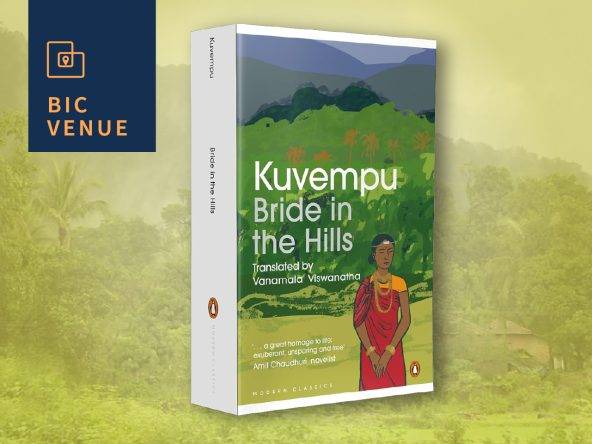
Details
Nov 08 2024 to Nov 08 2024 6:30 p.m.
EVENT HAS ENDED
Where
Bangalore International Centre
7 4th Main Rd, Stage 2, Domlur 560071
Event Description
The text of Kuvempu’s epic Kannada novel, Malegalalli Madumagalu (1967), and the recent translation, Bride in the Hills by Vanamala Viswanatha (Penguin Random House, 2024), will be discussed by an eminent panel of scholars, writers and the translator.
Set in 1893 in the Malnad region of the Western Ghats with its majestic Sahyadri ranges, dense forests, and river Tunga, Kuvempu’s Malegalalli Madumagalu (Bride in the Hills) describes the saga of not one young woman but many, of varied hues, who aspire for love and fulfilment in marriage, in a self-serving, male feudal order. An organic network of interrelated stories, the well-known Kannada writer Devanoora Mahadeva locates the novel in the epic tradition of the Mahabharata and Tolstoy’s War and Peace. This woman-centric text weaves together the touching plight of young couples in love, such as Gutti and Timmi, from a Dalit community living on the ghats; Aita and Pinchalu, migrant labourers from below the ghats, and Mukundayya and Chinnamma from the land-owning Shudra caste. Fired from within by their love – the most powerful agent of change – these young people seek a life of freedom and dignity, leading to the transformation of the larger community. Their heartening stories are juxtaposed against the travails of hapless Nagakka and scheming Venkatanna, sickly Deyi and brute Chinkra, and gullible Kaveri and lecherous Devayya. All of them are, in different ways, up against the repressive regimes of the decadent landlords, who manipulate traditional feudal practices as well as the modern apparatus of a colonial state.
True to its claim as an epic novel, Kuvempu’s text with its multiple narrative strands vividly enacts its mission statement in the epigraph: “Here, no one is important; no one is unimportant; nothing is insignificant!” Every sentient and insentient thing – the degenerate Chinkra, orphan Dharmu, Huliya the dog, Biri the cat, the evergreen forest, the Hulikal Peak – has a place and a purpose in this narrative. Imbued with an ecological consciousness, the novel offers a veritable biodiversity register of the Malnad region. Kuvempu presents a ‘view from below’, a subaltern perspective which also takes in the world of the wealthy and powerful.
Winner of the first Sahitya Akademi award in 1955 and the Jnanpith in 1967, Kuvempu (Kuppali Venkatappa Puttappa 1904-1994) inaugurated the non-brahmin era in modern Kannada writing. Kuvempu’s versatile oeuvre includes a vast body of poetry, plays, novels, children’s writing, essays and an autobiography. While his poetic epic ‘Shri Ramayana Darshanam’ is a radical rewriting of the Valmiki epic drawing from the Jaina tradition, the two novels, The Kanur House (made into a film by Girish Karnad) and Bride in the Hills, are modern novels set in the late 19th and early 20th centuries. Inspired by Tolstoy’s expansive canvas and Tagore’s unique Indian ethos, this first significant Shudra writer and an iconic figure in Kannada culture, has sculpted an entirely regional epic novel in Bride in the Hills.
Image Credits
Book Cover: MS Murthy and Jay Gosney
Header: A Malnad Landscape, Photo courtesy Girish Kasaravalli
Photo of Amit Chaudhuri by Richard Lofthouse/University of Oxford
Rashtrakavi Kuvempu Pratishthana, Kuppali (Devangi, Thirthahalli, Shivamogga)
Speakers
Vanamala Viswanatha
Scholar and Translator
An independent scholar and translator, Vanamala Viswanatha has taught English language and literature for over four decades in premier institutions in Bengaluru. She has translated into English well-known Kannada writers such as UR Ananthamurthy, Sara Aboobacker, Lankesh, and Vaidehi. The Life of Harishchandra (Harvard University Press, 2017), her translation of a medieval Kannada poetic classic, has been published by the Murty Classical Library of India. A Translation Fellow at Ashoka University, her current work includes the translation of Vaddaradhane, a 10th century Jain text in Kannada (forthcoming Harvard University Press); Tolpady’s essay collection Meditating on the Mahabharata, and Kuvempu’s novel Bride in the Hills. (both for Penguin Random House).
Amit Chaudhuri
Author
Amit Chaudhuri is the author of eight novels, the latest of which is Sojourn. He is also a poet, essayist, short story writer, and musician. His New and Selected Poems was published in 2023 in the NYRB Poets series. Faber released a full set of his backlist titles in the UK over 2022-23 with introductions by Colm Toibin, James Wood, and Pankaj Mishra. NYRB Classics reissued his first three novels in 2024 with introductions by Toibin, Wood, and Wendy Doniger. His works of non-fiction include, most recently, Finding the Raga, which received the James Tait Black Prize in 2022. Other awards his work has received include the Commonwealth Writers Prize, the Encore Prize, the Los Angeles Times Book Prize for Fiction, the Government of India’s Sahitya Akademi Award, the Government of West Bengal’s Rabindra Puraskar, and the inaugural Infosys Prize in Literary Studies in the Humanities. He is Professor of Creative Writing and Director of the Centre for the Creative and Critical at Ashoka University. He was Professor of Contemporary Literature at the University of East Anglia from 2006-2021.
He is a Fellow of the Royal Society of Literature and an Honorary Fellow of the Modern Language Association of America. He is also an Honorary Fellow of Balliol College, Oxford. He edits literaryactivism.com.
In 2018, he received the Sangeet Samman from the West Bengal government for his contribution to North Indian classical music. He wrote the libretto for Pandit Ravi Shankar’s opera, ‘Sukanya’. He has performed at Queen Elizabeth Hall, London, on BBC television’s Review Show, at various conferences of North Indian classical music, and his version of ‘Summertime’ is included in BBC 4’s documentary Gershwin’s Summertime: The Song that Conquered the World. His latest album in his project in crossover music is called Across the Universe, and it came out in 2023.
Rajendra Chenni
Director, Manasa Centre for Cultural Studies, Shivamogga
Literary and cultural critic, Rajendra Chenni, formerly Professor of English at Kuvempu University, Shivamogga, is presently Director, Manasa Centre for Cultural Studies, Shivamogga. A bilingual writer, he has authored 20 books in Kannada and six in English. He has received several honours including the Ambika Tanayadatta Bendre National Award (2023), Giraddi Vimarsha Prashasthi (2024), Karnataka State Sahitya Akademi Lifetime Achievement Award (2012), Karnataka State Sahitya Akademi Book Award (1987 & 2003), V M Inamdar Award (2019), D S Max Sahitya Sri Award (2016), GSS Award (2009), BA Sridhara Award (2012) and Vardamana Udayonmukha Award (1992). He was part of the prestigious delegation which discussed the repercussions of the Holocaust at Yad Vashem in Israel in 2012. He is presently member of the Karnataka State Education Policy Commission. A freelance writer, he has contributed to Frontline, The Open Magazine, The Hindu and the Deccan Herald on issues relating to contemporary politics and culture.
He has actively participated in several people’s movements in Karnataka − to protect the Baba Budan Giri shrine, against mining at Kudremukha, and for saving the Tunga River and the Western Ghats. He was also convenor of Dakshinayana Karnataka, a collective of writers and artists against fascism.
His abiding interest has been in classroom teaching and research, and he has kept himself involved in classroom activities by engaging with students and researchers across the country.
Arvind Narrain
Lawyer and Author
Arvind Narrain is a lawyer and writer who is a visiting faculty at the the National Law School. He is the author of most recently, India’s Undeclared Emergency: Constitutionalism and the Politics of Resistance. He is also the co-editor of Because I have A Voice: Queer politics in India and Law like love: Queer Perspectives on Law. He was also part of the litigation team which challenged Section 377 right from the High Court to the Supreme Court.

